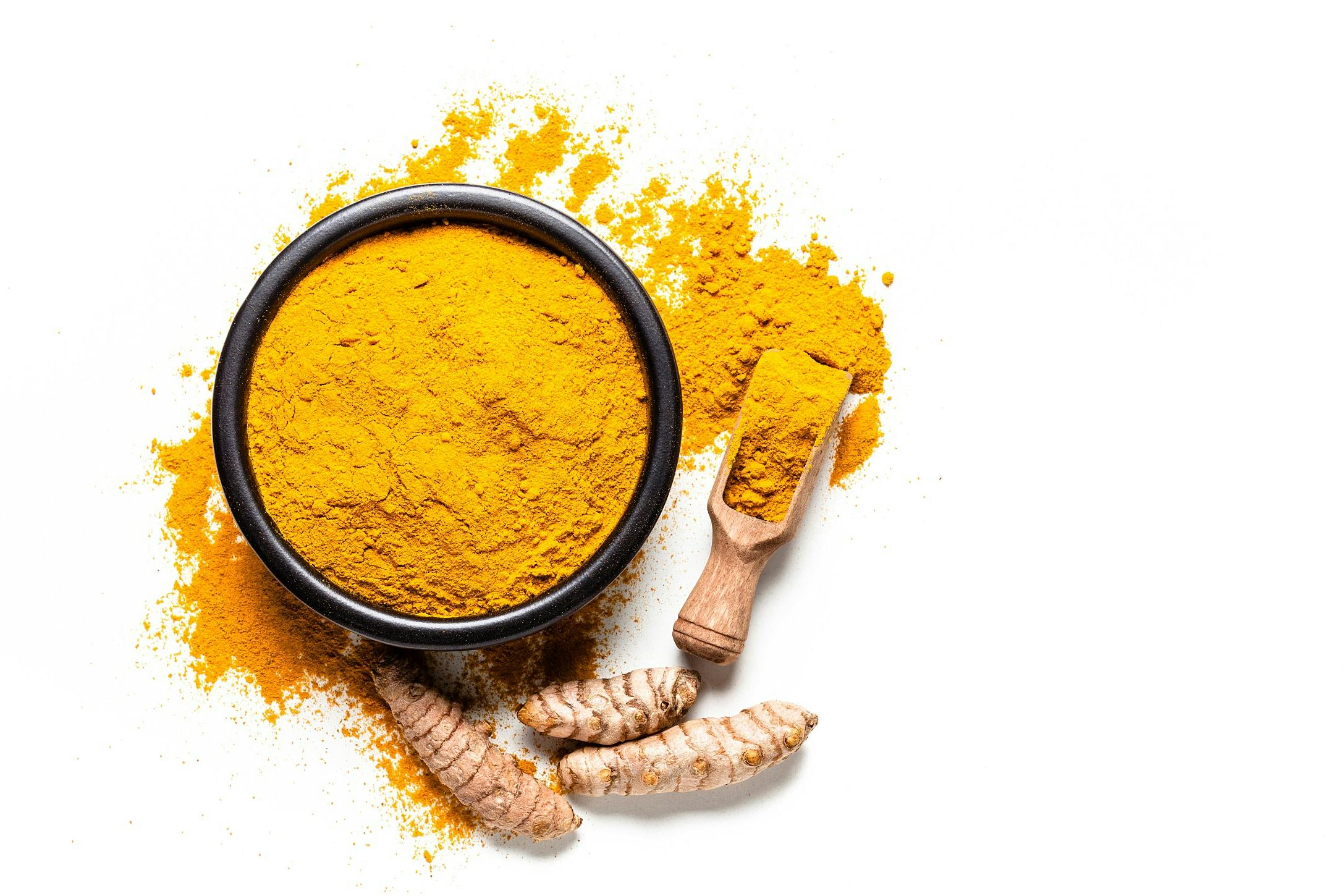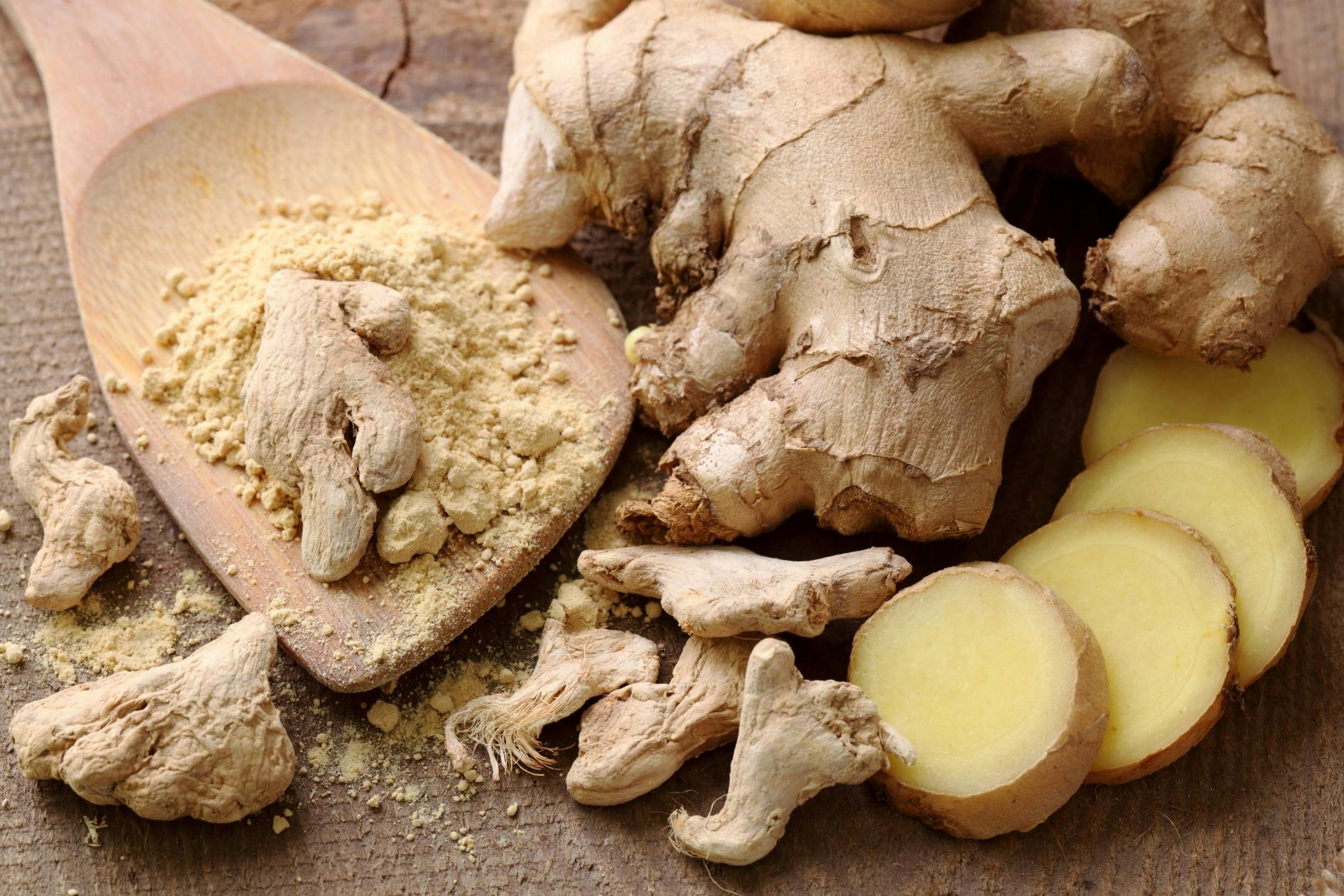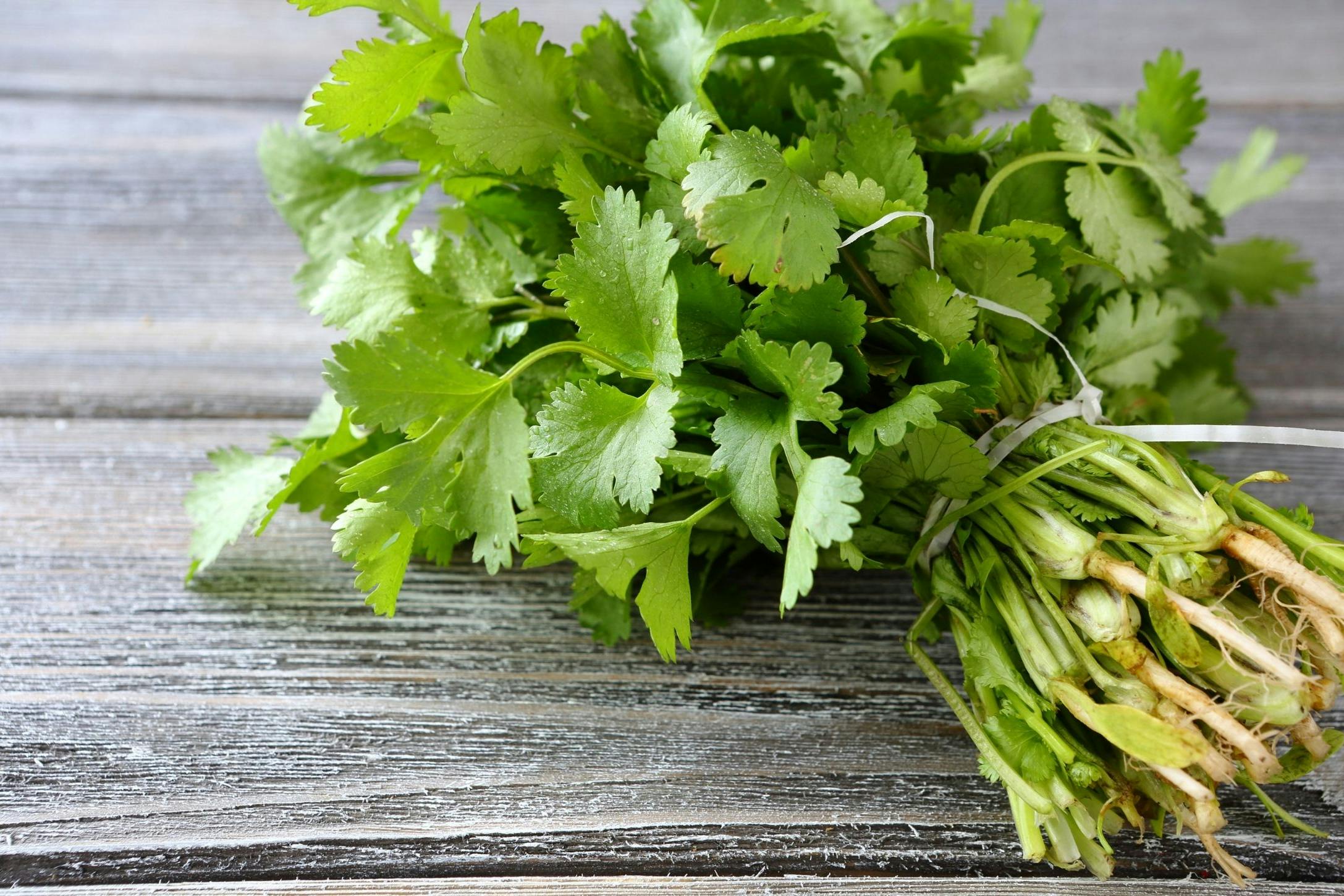How Sonoma Medicinal Herbs Support Allopathy
Despite the advancements in modern medicine, these natural substances remain an immune-boosting powerhouse for many individuals.

For centuries, medicinal herbs have been used around the world to support the healthcare needs of individuals. Despite the advancements in modern medicine, these natural substances remain an immune-boosting powerhouse for many individuals.
Medicinal herbs are low-risk by nature. This allows these natural medicines to help you achieve your health goals without some of the devastating side effects that many chemically manufactured drugs present.
The following are some of the world’s most popular and effective medicinal herbs. Depending on your healthcare needs, the naturopathic doctors here at Premier Integrative may prescribe some or all of these herbal medicines.
Top 10 Herbal Medicines
1. Chamomile
Arguably the most popular medicinal herb in today’s modern erra, chamomile is a flowering plant that has been used for thousands of years. It is believed to help with a variety of medical issues, including:
- Nausea
- Diarrhea
- Constipation
- Stomach pain
- Urinary tract infections
- Wounds
- Upper respiratory infections
The flowers are most commonly used to brew tea. However, the leaves can calso be dried and used for tea, medicinal extracts and topical compresses.
Chamomile is a flowering plant that also happens to be one of the most popular herbal medicines in the world.
The flowers are most often used to make tea and can often be found in most grocery stores. The leaves may also be dried and used for making tea, medicinal extracts, or topical compresses.
2. Turmeric

Turmeric is a powerful anti-inflammatory that packs a huge burst of flavor.
Turmeric (aka Curcuma longa) is part of the ginger family. In addition to being delicious, it offers the the benefit of being a natural anti-inflammatory. As such, it’s often used to help with:
- Chronic inflammation
- Pain management
- Metabolic syndrome
- Anxiety
- Arthritis
It can be found in multiple forms. The easiest way to find it is in powder form, as it’s sold in the spice department of nearly all grocery stores. You can also find it in liquid form and pill form, offering a quick way to get a higher dosage.
3. Elderberry
An ancient herbal medicine, elderberry has been used to relieve a number of different health concerns, including:
- Headaches
- Nerve pain
- Toothaches
- Colds
- Viral infections
- Constipation
Today, it is primarily used to treat colds and flu-like symptoms.
4. Ginkgo biloba
Ginkgo biloba is another ancient Chinese medicine. Some believe it can help treat a wide range of health concerns, including:
- Heart disease
- Dementia
- Mental difficulties
- Sexual dysfunction
Some people like to eat the seeds toasted. However, the seeds are mildly toxic. The best way to consume ginkgo is by using the leaves to make teas and tinctures, or to purchase a leaf extract.
5. Ginger

Ginger is an ultra-flavorful spice that can be used dried or fresh.
You may not thing of ginger as a medicinal medicine. This root is commonplace in many cuisines. However, like turmeric, ginger constraints beneficial properties that have been utilized for centuries. These include treating:
- Colds
- Nausea
- Migraines
- High blood pressure
As a natural treatment that rarely, if ever, interferes with other medications, it’s often prescribed to pregnant women, cancer patients undergoing chemotherapy, and those recovering from a medical operation.
6. Echinacea
Echinacea (aka coneflower) was originally used by the Native Americans to treat a variety of ailments. These included:
- Wounds
- Burns
- Toothaches
- Sore throat
- Upset stomach
Today, its most common use is to fight the common cold, as some believe it helps boost the immune system.
Generally, echinacea is taken as a tea, but you can find it as a supplement of topical ointment. Nearly all of the plant can be utilized for these purposes, including the leaves petals and roots, though it’s believed the roots have the strongest impact.
7. St. John’s wort
The use of St. John’s wort (SJW) has been traced back to ancient Greece. It is derived from Hyericum perforatum, a small plant that produces yellow flowers. Historically, it was prescribed to treat a variety of ailments, including:
- Insomnia
- Depression
- Kidney disease
- Lung disease
Today, it is primarily used to help treat mild depression. However, it should be taken under the supervision of a medical professional as it has been shown to interfere with numerous medications, including:
- Antidepressants
- Birth control
- Blood thinners
- Some pain medications
- Some cancer treatments
8. Cilantro

Those some can't stand this medicinal herb, for those who like cilantro it offers a myriad of health benefits.
Cilantro (aka Coriandrum sativum) has a unique flavor profile that people either love or hate. Some people detest it so much, they think it tastes like soap.
But for those who love cilantro, the health benefits can be numerous. It’s been shown to be a powerful digestive aid that may help remove heavy metals and toxins. It’s most often seen in Mexican and Thai cuisine, but can also mae a lovely addition to many salads.
9. Ginseng
A traditional Chinese medicine, ginseng is a medicinal plant used for a variety of health benefits, including:
- Boosting the immune system
- Improving brain function
- Reducing inflammation
- Increasing energy levels
The medicinal properties of this plant are found in its roots, which are usually steeped in tea or dried and ground into powder.
10. Valerian
Valerian (aka nature’s valium) is a flowering plant. Its roots are believed to promote a sense of calm. Tey can be dried and consumed by capsule or steeped in a tea.
The use of this powerful herbal supplement has been traced back to ancient Greece, where it was used to relieve everything from restlessness and tremors to headaches and heart palpitations. Today, it’s typically used to treat insomnia and anxiety.
Enhanced Holistic Support for Natural Medicine
At Premier Integrative, we don’t believe medical care is one-size-fits-all. Our naturopathic doctors utilize all available treatment options to provide you the best care possible. This includes naturopathic medicine and allopathy (aka Western medicine). Nothing is off the table.
Medicinal herbs are routinely part of our prescription recommendations, as we are always looking for ways to support your health goals while limiting your exposure to unwanted side-effects.



